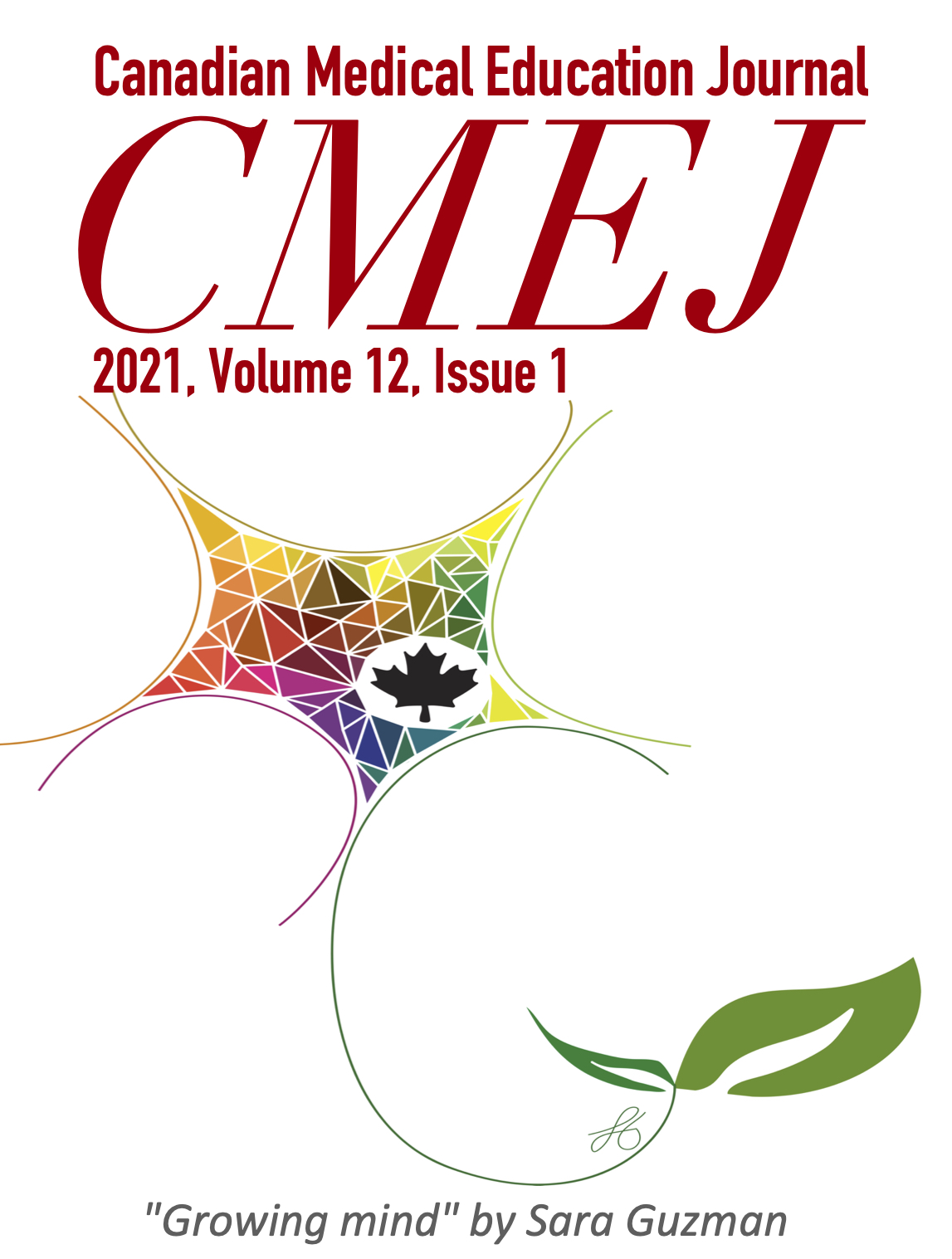Teaching mindfulness-based stress management techniques to medical learners through simulation
DOI:
https://doi.org/10.36834/cmej.69821Abstract
Implication Statement
Acutely traumatic clinical events can exacerbate stress and burnout amongst healthcare providers. The Simulated Training for Resilience in Various Environments (STRIVE) course may provide a useful framework for medical educators to teach stress management skills to promote resilience amongst physician trainees. The course introduces the Big Four+ techniques (goal setting, visualization, self-talk, progressive muscular relaxation, attention control and tactical breathing) created by the Canadian Armed Forces using clinical scenarios. This framework can be easily adapted across other training contexts to equip future clinicians with a foundational skill set to optimize their response and recovery following critically stressful incidents.
Downloads
Published
Issue
Section
License
Submission of an original manuscript to the Canadian Medical Education Journal will be taken to mean that it represents original work not previously published, that it is not being considered elsewhere for publication. If accepted for publication, it will be published online and it will not be published elsewhere in the same form, for commercial purposes, in any language, without the consent of the publisher.
Authors who publish in the Canadian Medical Education Journal agree to release their articles under the Creative Commons Attribution-Noncommercial-No Derivative Works 4.0 Canada Licence. This licence allows anyone to copy and distribute the article for non-commercial purposes provided that appropriate attribution is given. For details of the rights an author grants users of their work, please see the licence summary and the full licence.











